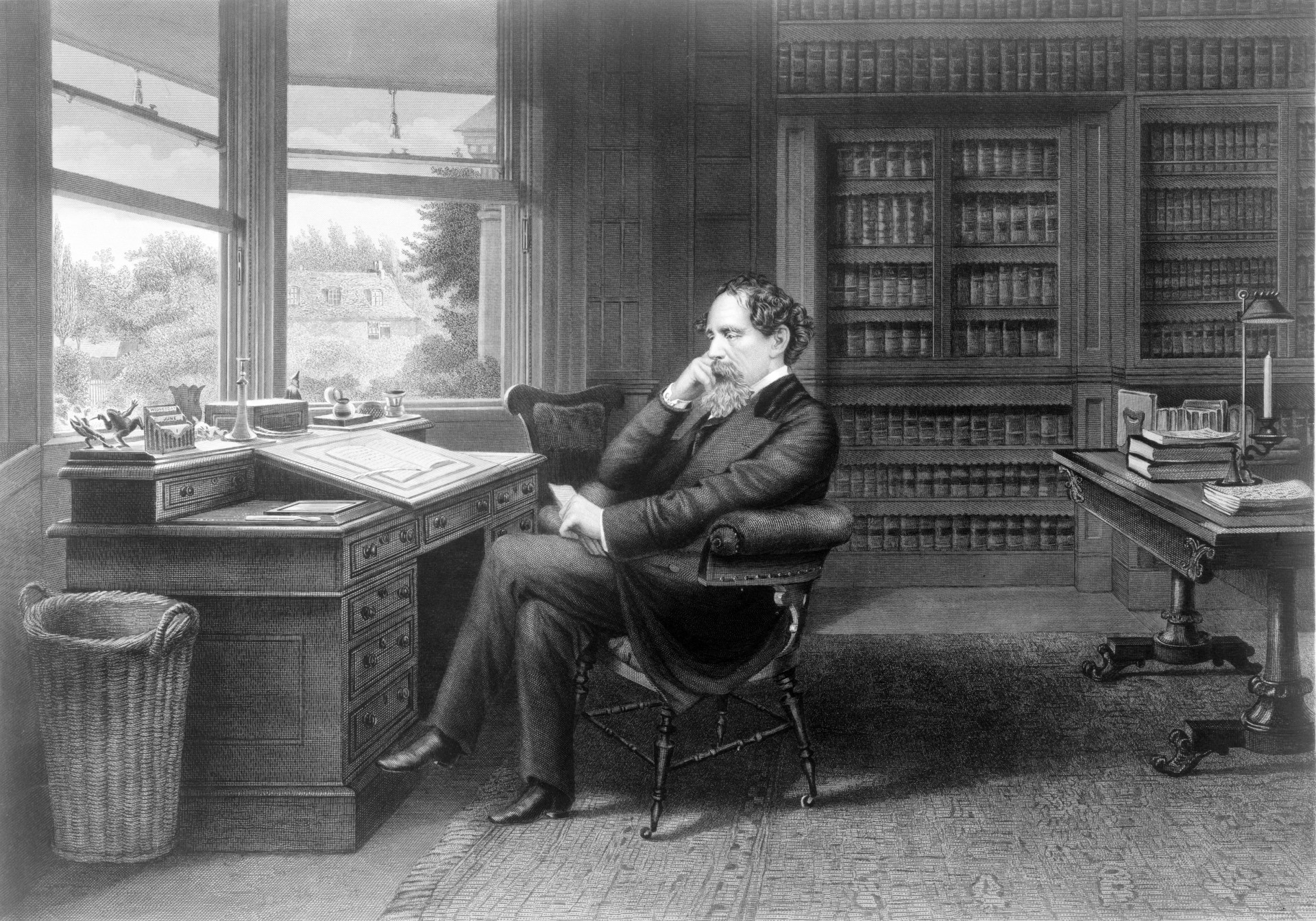How do you write? It’s a question often asked of writers and one we love to answer because we each have our different opinions. Many swear by an outline while some write beginning to end one page at a time. Stephen King once said, “Outlines are the last resource of bad fiction writers who wish to God they were writing masters’ theses.”
I’m going to reveal the secret to writing to you in two simple steps, two steps so easy they can be summed up with one word each, each comprised of only one syllable. Are you ready?
READ and WRITE.
The truth is there is no right way to write. What works for an experienced author might not work for you. You’ll learn by doing. Many would be writers never get around to actually doing much writing. That’s the main problem. You have to write and you have to write a lot. You have to put in a lot of time, time with no distractions, dedicated time.
I’ve known some writers who spend all their time writing but never make time to read. It’s hard to produce better writing simply by writing alone. You have to read. Read your favorite books again. Study how the author makes their story so engaging. Try to write like them. Don’t worry, your story will be different. Eventually, you’ll find your own style. Read outside your genre, outside your comfort zone. Read books about writing, but be wary. There’s all kinds of advice out there. You have to try different things to learn what works for you.
As for my writing process, I’ll share my intentions as opposed to what I have actually done. Like all big projects I’ve attempted, while writing The Encanto and LA FOG I couldn’t stick to my plan.
First and foremost you need a character who people love and identify with, who must undergo a major transformation. Then you need an ending that’s both surprising and inevitable. That’s it. A character and an ending. That’s all you need. Everything else—the plot, other characters, setting—it’s all just there to drive the conflict which leads the transformation, to keep readers engaged until they reach the inevitable conclusion.
My biggest mistake with the LA FOG was that I didn’t spend enough time developing my characters before creating an outline. And yes, though it is fun to write one page at a time and see where the story goes—and I recommend this as an exercise for a short story—a well-developed outline will save a lot of time and wasted pages down the drain.
I was pretty far into LA FOG before I really learned who my characters were and that there was just no way they would ever follow the script I had written. So, I had to go back and rewrite—a lot—but I think it was worth it. What do you think? Let me know after you read it!
